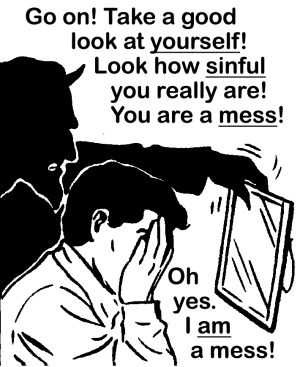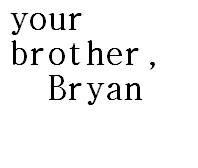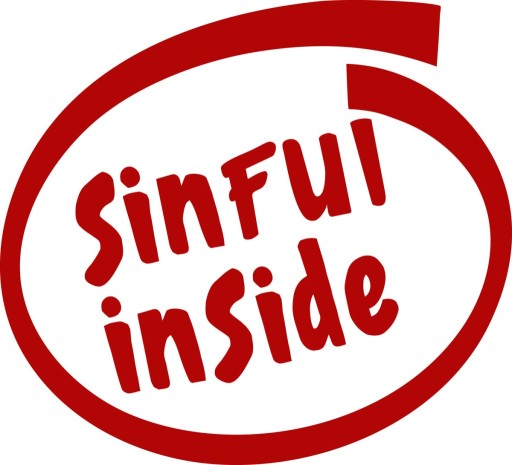You, LORD, are my lamp; the LORD turns my darkness into light. 2 Sam. 22:29
You, LORD, keep my lamp burning; my God turns my darkness into light. Psalm 18:28
Your eye is the lamp of your body. When your eyes are healthy, your whole body also is full of light. But when they are unhealthy, your body also is full of darkness. Luke 11:34
The night is nearly over; the day is almost here. So let us put aside the deeds of darkness and put on the armor of light. Romans 13:12
For you were once darkness, but now you are light in the Lord. Live as children of light. Ephesians 5:12
There exists a preponderance of scriptural weight in dealing directly with our relationship with darkness and the light. Darkness is an evil presence. As believers we must reject the darkness, and turn into the light. We look directly at Him and we will find our salvation.
But there is a great deal of confusion. But the entire concept of light over darkness opens our eyes to all that is good, and its worthy of a second look. But evil will insist on its darkness, and we in turn will push it aside. God doesn’t dwell in darkness, neither should we.
When the blackness pursues us, we must turn and meet its presence. It must only advance to the place where light meets it. It cannot advance any closer. When the time is right, we must push against its evil. Darkness will never inherit a thing from the children of light.
When we turn to our Father, nothing can touch us. We are teflon. We press against darkness and it folds up. It is an illusion and nothing more. We shouldn’t be fearful or intimidated by the way it posturea and preens. There is not a thing there, unless we buy into its foolish pretending.
Darkness will be forever pushed into a corner against our light. We should expect a push back. But it holds no weight, and has no real significance. We push back and he folds up. Actually it is hardly a process and more a rout. The light will shine and we will move into the place we are have been ordained for.
We take this place that the Father has made for us. We will no longer be intimidated by a circulating evil. We step out and the light meets us. We push against darkness and it has to accommodate us. He has made it so our hearts are only receptive to grace and light.
We can be touched by nothing except through His cross.
ybic, Bryan

Related articles
- the root of the matter (lesrowe.wordpress.com)
- Jeremiah 17:17 Thou art my hope in the day of evil. (lacykitkat.wordpress.com)
- Fueled by the Holy Spirit, we are called to let Jesus’ light shine through us into the darkness (bummyla.wordpress.com)



 Condemnation can go viral among believers. Not only does it infect us, but we become ‘carriers’ that often can sicken others spiritually. Our attitudes and thinking can become quite disturbed, and we then communicate that to our family and friends.
Condemnation can go viral among believers. Not only does it infect us, but we become ‘carriers’ that often can sicken others spiritually. Our attitudes and thinking can become quite disturbed, and we then communicate that to our family and friends. There is almost always doubt involved, and it seems too good to be true, after all. There is also a entrenched concept of justice, right and wrong. Believers with a real feeling for ‘the scales of justice’ find themselves without any hope. They lose the concept of mercy and grace for their sins.
There is almost always doubt involved, and it seems too good to be true, after all. There is also a entrenched concept of justice, right and wrong. Believers with a real feeling for ‘the scales of justice’ find themselves without any hope. They lose the concept of mercy and grace for their sins.




